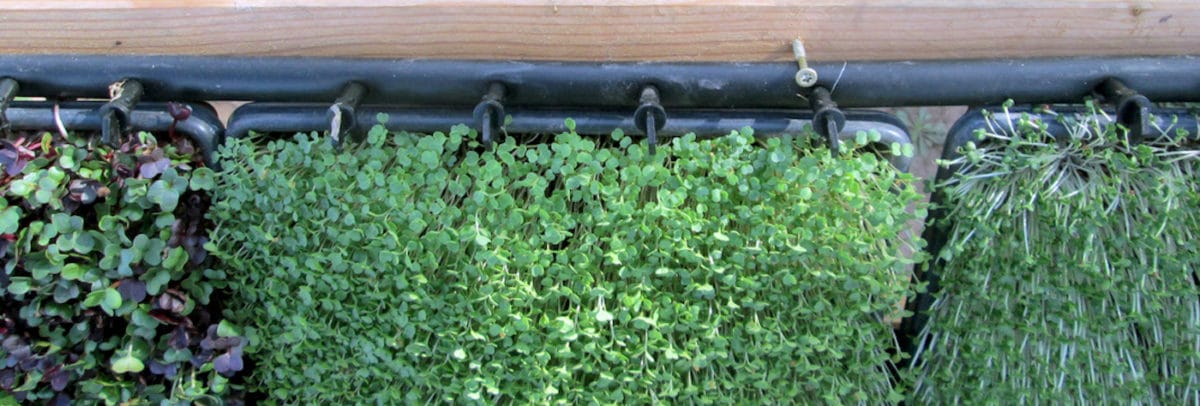
The Importance of Community Supported Agriculture (CSA)
At Cafe Altura part of our mission is to promote and support agricultural business practices that align with our core values. We were founded with the belief that people want and deserve a better connection to what they eat and drink, and that they want it produce in a way that respects our planet. When farms are working sustainably and providing value to communities, we look to incorporate them into our own supply chain or help to share them with others.
Community Supported Agriculture (CSA) are one such business practice that we believe in the value of, and wish to see benefit others. CSAs take shape in a variety of ways, but at their core they are cooperative and on-going agreements between farmers and customers in their local community. It’s a system based on mutual trust, with the aim of helping give farming families more stability while reconnecting communities to their food sources.
CSA’s can be formed in a variety of ways. Some start with a community coming together and hiring a farmer, others start with a farmer or farm collective marketing their services to potential shareholders. Either way a CSA works by having community members buy into the farming collective through the purchase of membership shares.
Different levels of financial commitment are usually available, which in turn gets the shareholder more or less food. This is because shares in a CSA aren’t like buying just any stock, they are essentially a subscription to recurring deliveries of deliciously local, seasonal, and typically organically grown products.
The pre-payment system of the shares allows farmers to plan ahead with more financial certainty than is typical in traditional agricultural practices for smaller farms. This component of the CSA system is huge for farmers. By knowing what their level of funding is upfront, they can better plan ahead and be more efficient in purchasing and growing decisions, thus reducing waste. The added financial certainty also allows farmers to spend time educating shareholders about the farm and helping connect them further with their food.
Membership in a CSA often involves receiving newsletters updating members about going ons around the farm, upcoming harvests, and plans for the future. There are often also community-building events with educational and interactive opportunities at the farms.
In fact, some CSA systems allow their members to lessen their fees by making labor contributions on the farm.
With their holistic approach to farming and community building CSA’s are uniquely able to provide an additional value to both farmers and communities. Farmers can earn a premium on their produce by selling more than just food. They’re giving their customers unparalleled confidence about the conditions under which their food is grown, while fostering a community who appreciates and understands what it takes to produce what they eat.
For those of us who believe it’s a shame that many people just mindlessly go to grocery stores and buy the cheapest items without a second thought, CSAs are the antidote to this form of mindless food consumption. The CSA builds a community around local farming and is better able to reduce food waste and down-sides of mass-agriculture by focusing on quality and sustainability over profits.

Local Ojai, CA Farmer Max Becher and his family
CSAs are an incredible way to engage people with where their food comes from and supporting family farms, and their potential beyond just what is currently being offered. As coffee continues to develop as a crop in California and the mainland United States, it’s our hope that one day models like CSA’s might be applied to coffee farming.
Agriculture as a whole needs to become more sustainable and coffee is no exception. With the expansion of growing areas for coffee the natural next step is to begin promoting the values of buying locally, both for community building and sustainability. Organic coffee farms throughout the world have already done a great job of giving consumers more choices for environmentally conscious beans, CSA’s would only serve to augment this.
To search CSAs serving your zip code in California, click here.
